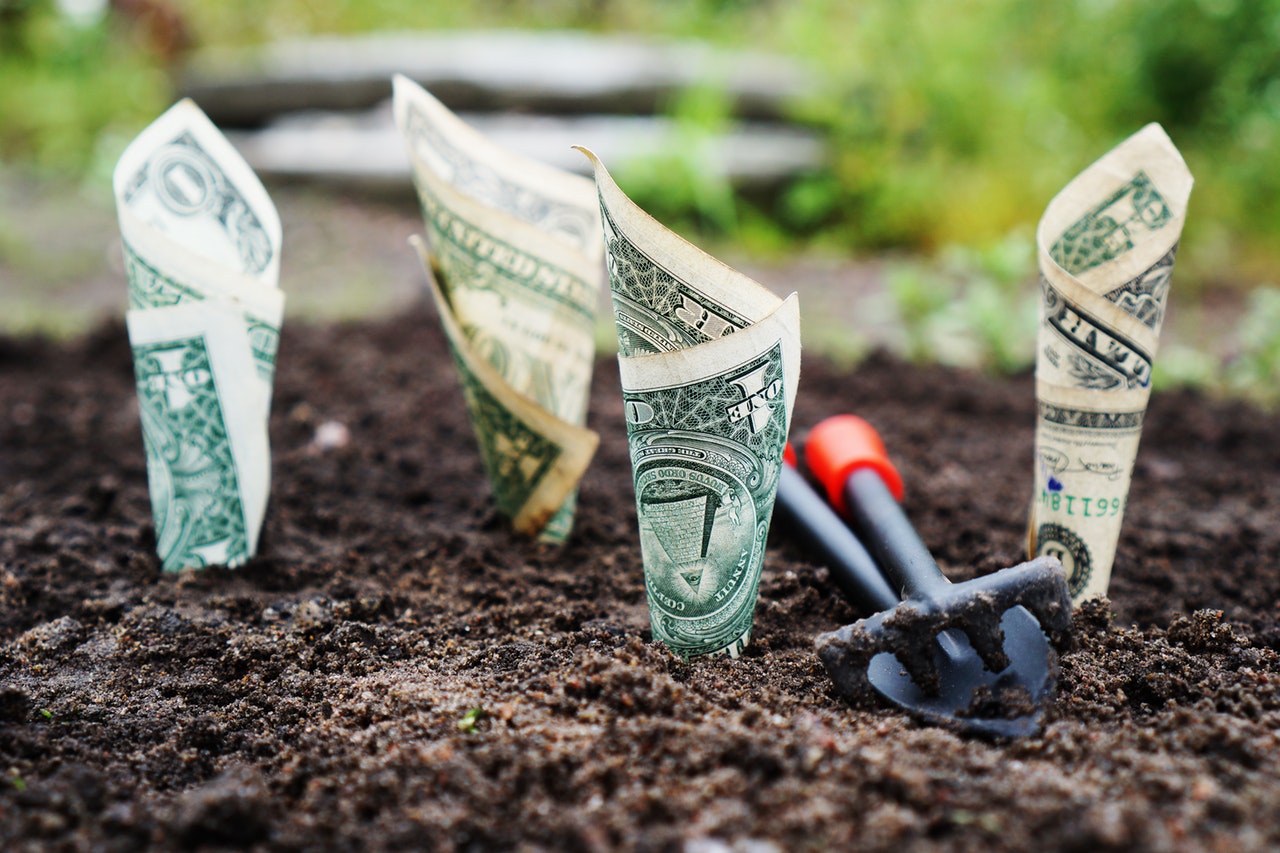The Business of Wine Packaging: Why Wholesale Wine Bottles Matter

Whether you’re sipping a glass of Chardonnay on a sunny afternoon or enjoying a hearty Cabernet Sauvignon with a perfectly cooked steak, the experience is not just about what’s inside the bottle but also how it’s presented. That’s where the often-underestimated world of wine packaging comes into play, and why wholesale wine bottles matter more than you might think.
The Art of Wine Packaging
Winemakers and designers alike invest time, creativity, and passion into crafting the perfect vessel for their liquid masterpiece. Here are a few elements that make wine packaging a true art form:
- Label Design: The label on a wine bottle is like the cover of a book; it needs to grab your attention and tell a story. Wineries carefully select colors, fonts, and imagery to convey the essence of their wine and brand.
- Bottle Shape and Color: Ever wondered why some wine bottles are slim and elegant, while others are stout and robust? The shape and color of a bottle can communicate a lot about the wine inside, from the region it comes from to the type of grapes used.
- Closure Choices: The closure, whether it’s a cork, screw cap, or glass stopper, can affect the aging process and overall taste of the wine. Winemakers choose their closures with precision.
- Packaging Materials: Beyond the bottle itself, packaging materials like boxes, crates, and even the tissue paper inside the box are carefully chosen to protect the wine and enhance the unboxing experience.
Quality Matters: Preserving the Essence of Wine
Wine, like many other delicate things in life, is sensitive to its surroundings. It can be influenced by factors such as temperature, light, and oxygen. Wholesale wine bottles play a vital role in preserving the quality and integrity of the wine. Here’s how:
- Material Selection: Wholesale wine bottles are typically made of glass, a material that is impermeable to air and light. This helps to keep the wine fresh and prevent spoilage due to exposure to oxygen and UV rays.
- Closure Compatibility: The choice of closure, whether it’s a traditional cork or a modern screw cap, must align with the type of wine being bottled. Wholesale wine bottle suppliers offer a variety of options to match the winemaker’s preferences.
- Storage and Transport: Wholesale wine bottles are designed to withstand the rigors of storage and transportation. They are strong and sturdy, ensuring that your precious cargo arrives at its destination intact.
Brand Identity and Marketing
In the world of wine, perception is everything. The packaging of a wine bottle is often the first interaction a customer has with a brand, and it sets the stage for their expectations. Wholesale wine bottles not only protect the wine but also serve as a canvas for branding and marketing. Here’s how:
- Label Space: A wine bottle’s label provides ample space for wineries to tell their story, share awards and accolades, and showcase their unique selling points. This storytelling aspect can greatly influence a customer’s decision to purchase.
- Distinctive Bottles: Unique bottle shapes or custom embossing can make a wine brand stand out on the shelf. When consumers see a distinctive bottle, they often associate it with quality and craftsmanship.
- Consistency: Wholesale wine bottles offer a level of consistency that is crucial for branding. Wineries can rely on a consistent supply of bottles to maintain their brand image.
Cost-Efficiency and Scalability
While wine packaging is undoubtedly an art form, it’s also a business. Wineries need a reliable source of wholesale wine bottles that won’t break the bank. Here’s why cost-efficiency and scalability matter:
- Economies of Scale: Buying wholesale allows wineries to take advantage of economies of scale. Purchasing bottles in bulk reduces the per-unit cost, making it more affordable to package their wine.
- Growing Demand: As wineries expand and their demand increases, they must have access to a consistent supply of bottles. Wholesale suppliers can accommodate the growing needs of wineries.
- Sustainability: Many wineries are making efforts to reduce their environmental footprint. Wholesale wine bottle suppliers often offer eco-friendly packaging options, such as recycled glass bottles, which align with these sustainability goals.
The Role of Innovation
Innovation is not reserved for the wine itself; it also extends to wine packaging. Wineries and bottle suppliers are continually seeking ways to enhance the wine packaging experience. Here are some innovative trends:
- Smart Labels: Some wineries are incorporating smart labels that provide customers with information about the wine’s origin, vintage, and even food pairing recommendations when scanned with a smartphone.
- Sustainable Packaging: As mentioned earlier, sustainability is a growing concern. Wineries are exploring packaging options like lightweight bottles and biodegradable materials to reduce their environmental impact.
- Interactive Packaging: Augmented reality (AR) and QR codes are being used on wine labels to engage customers in interactive experiences, such as virtual vineyard tours or tasting notes from the winemaker.
- Customization: Wineries are increasingly offering customization options for their customers. This might include personalized labels or the ability to choose the closure type.
Selecting the Right Wholesale Wine Bottle Supplier
Now that we’ve established the importance of wholesale wine bottles, it’s essential to know how to choose the right supplier. Here are some key considerations:
- Quality Control: Look for a supplier with a strong track record of quality control. You want your wine bottles to be consistent in shape, size, and quality.
- Variety: Consider your brand’s needs and preferences. Does the supplier offer a wide variety of bottle shapes, sizes, and closure options to match your wines?
- Reliability: Timely delivery is crucial in the wine industry. Ensure that the supplier has a reputation for reliability and can meet your production schedule.
- Sustainability: If sustainability is a priority for your brand, inquire about the supplier’s eco-friendly packaging options and practices.
- Customer Service: A responsive and attentive customer service team can make your experience with the supplier smooth and hassle-free.
- Cost: While cost is a consideration, it should not be the sole determining factor. Quality and reliability should take precedence.
In Conclusion
Wholesale wine bottles may not be the star of the show, but they are the unsung heroes that protect, preserve, and present the exquisite nectar that is wine. From maintaining quality to shaping brand identity, these bottles play a pivotal role in the wine industry.




